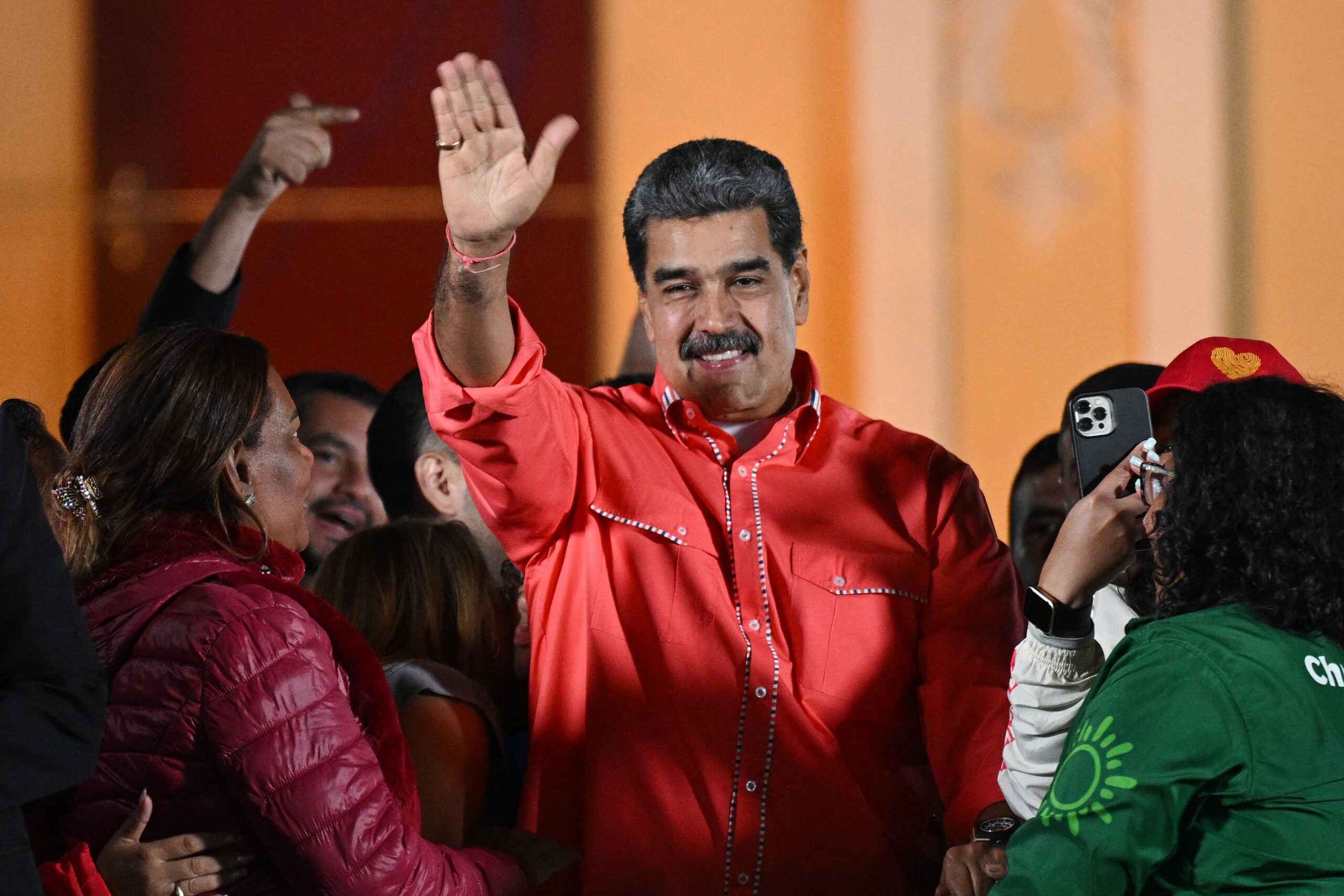- June 3, 2025
Venezuela’s election fiasco may move Maduro to shed any pretense of democracy

The vote was such a fiasco for the regime’s hopes of recovering international recognition that Maduro now says he plans to change the Constitution and hold future elections under a “communal” electoral system. Needless to say, this would secure for him — much like in Cuba — guaranteed victories.
In an exclusive Zoom interview on May 26, opposition leader María Corina Machado told me the legislative elections were a “monumental defeat” for Maduro because an overwhelming majority of Venezuelans heeded the opposition’s call to boycott the vote.
“It was the lowest voter participation in Venezuela’s history,” Machado told me. “No one went out to vote.”
While the Maduro-controlled National Electoral Council claimed a 43% turnout, Machado told me it was just 12%.
Her estimate may be closer to reality. The Meganálisis polling firm put turnout at 14%. The Economist magazine reported, “Turnout appeared pitiful. Polling stations were deserted.”
Machado, who remains in hiding to avoid her arrest, added that the opposition collected about 10,000 photos and videos taken that day at voting places, showing that they were virtually empty. The government also banned top opposition leaders from running and barred international observers, including from the European Union and the Organization of American States, from monitoring the elections.
As expected, Maduro claimed a huge victory. “Today, we have shown the strength of Chavismo,” he said on election night, referring to the party he inherited from former strongman Hugo Chávez.
According to the government-controlled National Electoral Council, Maduro’s party won 83% of the parliamentary vote, giving it and its allies 253 seats in the 285-seat congress. The government also claimed to have won 23 of 24 governorships, an increase of three over its previous total.
In last year’s July 28 presidential election, in which Machado and other leading opposition figures were barred, Maduro proclaimed himself re-elected even though opposition tallies showed that Machado’s hand-picked candidate, Edmundo González Urrutia, had won by a landslide with more than 67% of the vote. The government never released voting records to substantiate Maduro’s alleged victory.
When I asked Machado why Maduro even held last week’s legislative elections, given that hardly anyone takes Venezuela’s voting process seriously, she said the government didn’t expect such a low turnout.
“They thought that they could force public employees to go to the polls, like in the past, and create an illusion that 30% or 40% of the population had participated,” Machado said. “They hoped that this would help normalize things, but it backfired.”
Until now, Maduro pretended to allow a semblance of democratic normalcy to win some international recognition, especially from Brazil and other Latin American countries. But he is now suggesting that he will change Venezuela’s Constitution to overhaul the voting system.
Venezuela needs “a new electoral system” and “the re-engineering of everything, like where people vote and how people vote,” Maduro said on the afternoon of May 25, when it was already clear that few Venezuelans had heeded the government’s call to vote.
Maduro called for creating “an electoral system of communal circuits for permanent consultation.” He did not elaborate, but he seemed to be proposing a system of government-controlled plebiscites.
I wouldn’t be surprised if Maduro goes ahead with this plan. Even the democratically elected leftist governments of Brazil, Colombia and Chile don’t take his elections seriously. And the fact that he can’t even get Venezuela’s public employees to the polls makes him look weak at home.
In addition, public discontent is likely to rise in the coming months. The economy, which had been recovering somewhat since its worst crisis in 2019, is once again going downhill. Annual inflation already exceeds 100%, and the official minimum wage, without bonuses, is just $1.50 a month.
Economic growth is expected to contract between 1.5% and 4% this year, due to low world oil prices and the U.S. decision to suspend Chevron’s license to export oil from Venezuela.
To make things worse for Maduro, Russia and China are not as willing as in the past to give Maduro an economic lifeline, after seeing their loans wasted by mismanagement and corruption. And Trump’s vows to clamp down on illegal immigration and deport more than 350,000 Venezuelan immigrants may shut down an escape route for many desperate Venezuelans.
In short, Maduro’s legislative elections may have been a Pyrrhic victory for him. He will now have more legislators in congress and more governors, but he is even more isolated from the rest of the world and his own people.

